On November 29 – December 1, 2019, Yenching Scholars visited Guangzhou in a trip led by Professor Liu Haifang of the School of International Studies, Peking University. Scholars conducted research how Guangzhou has become a hub for African migrants in China, conducting interviews with migrants, government officials, social workers and other stakeholders.

After arriving in Guangzhou, Yenching Scholars first visited Xiaobei region, which has emerged as one of the main hubs for the African community in the city. Scholars were joined by Professor Li Dong, a local with strong insider knowledge of Guangzhou’s African community. At a local Ghanaian restaurant, Scholars conducted interviews with African migrants to gain first-hand understanding of their experience. Many of the migrants were conducting trade business in China, usually exporting small merchandise to their home country. Some even have started families in China, marrying Chinese locals. Scholars were struck by the pace of globalization that has swept across Guangzhou.
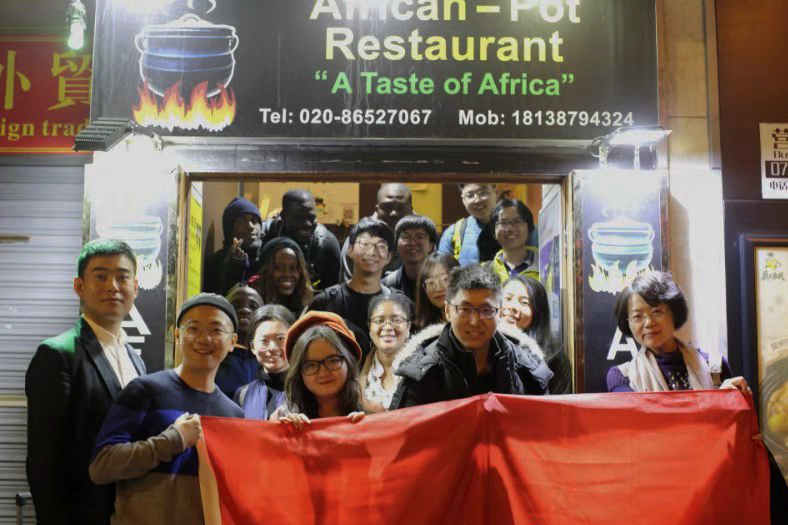
On the second day, Scholars visited officials from the Guangdong Provincial Foreign Affairs Office. The Director of African Affairs from the Office led a discussion on government policies toward migrants in China. According to him, the African community has played a crucial role in driving trade and the provincial government is working closely to enhance services provided to these migrants. Scholars had a chance to also visit Guangdong’s Foreign Affairs Museum, which displayed diplomatic operations by Guangdong Province. After leaving the museum, Scholars toured the nearby Shamian area. Formerly a colonial concession, the area has turned into a public park but still retains many of its colonial architectural on the shore of the Pearl River.

In the afternoon, Scholars went to visit Baohan Street area, a trading hub for African and Middle Eastern migrants. The area featured malls, many tailoring toward Africans and foreigners in China. Scholars conducted interviews with local shopkeepers and customers to learn their story.
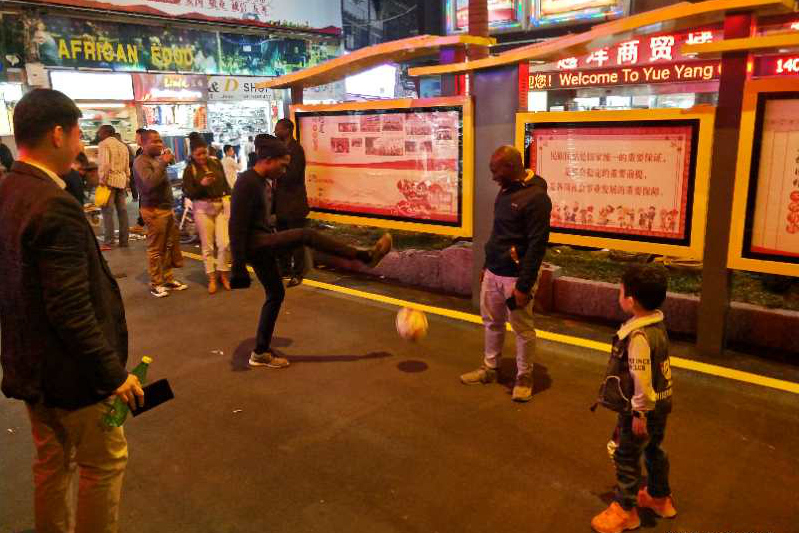
On the third day, after a morning discussion on findings, Scholars went to visit a community center near Baohan Street. The center offers services to foreigners, many of which from Africa, and provides free Chinese lessons, legal services as well as other community support. Scholars learned that the center hosts soccer practices that attract many second-generation African migrants or children of mixed Chinese-African heritage. The center’s social workers provide aid to foreigners to help with integration into the local community.
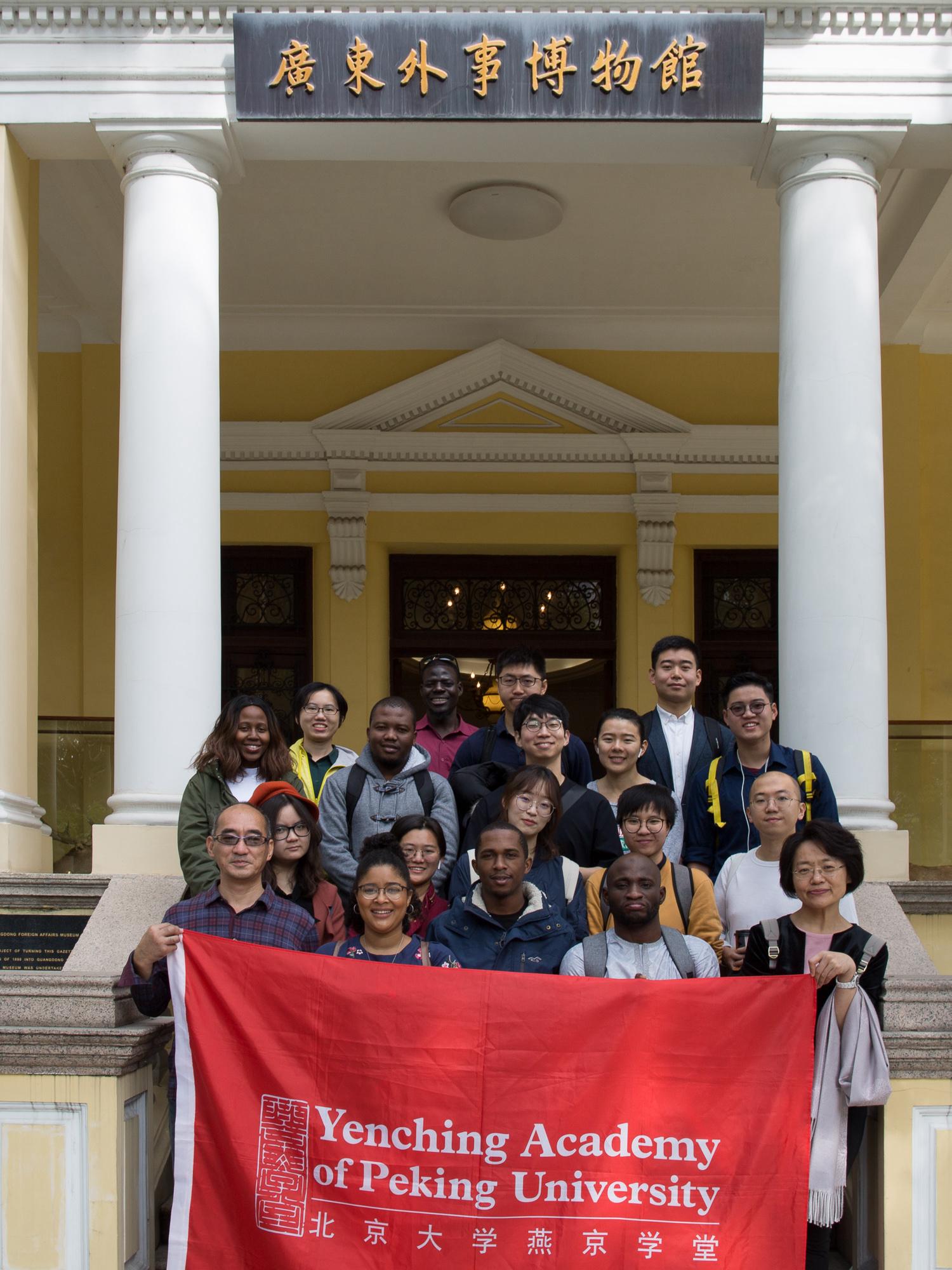
In the afternoon, Scholars visited Sacred Heart Cathedral, a 19th century cathedral in Guangzhou. Scholars witnessed a mass, frequented by many Africans and others. Scholars conducted interviews with these foreigners to understand their experience in China. The day ended with an evening flight back to Beijing, ending the weekend field study.
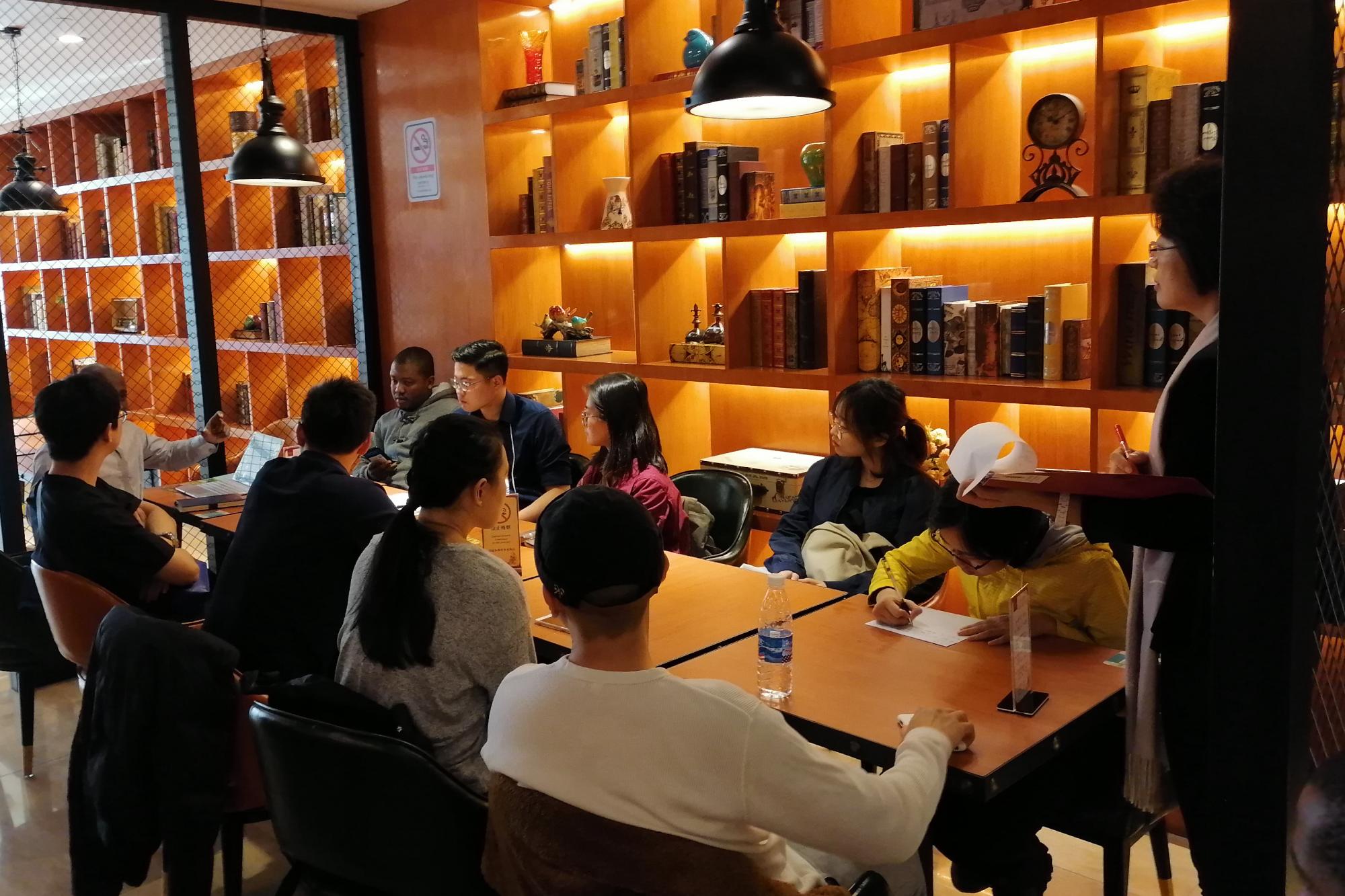
The trip provided face-to-face opportunities for Yenching Scholars to study African communities in Guangzhou. Scholars had a chance to investigate the so called “low-end globalization.” Scholars found that this type of south-south globalization usually involves small amounts of capital and informal transactions, requiring different analytical and policy approach compared to the more studied south-north globalization. For example, the local government has adopted a more flexible regulatory system in terms of visa and business registration to help deal with a fluid migration pattern. Furthermore, language could sometimes be a major barrier in south-south migration since the host nation might speak a language that has low internationalization, such as Chinese, compared to languages spoken in developed countries, such as English or French. Therefore, communication costs can be higher in south-south interaction, especially with China. However, third-party sources such as expats from the country of origin can play an important role to bridge this language gap, creating strong network effects. Lastly, infrastructure is an important pull-factor for south-south migration. Many African migrants interviewed said that it was often easier to ship goods from China to Africa instead of between African countries, thereby enhancing trade between the former. Consequently, China’s infrastructure investment has played a major role in promoting international trade.
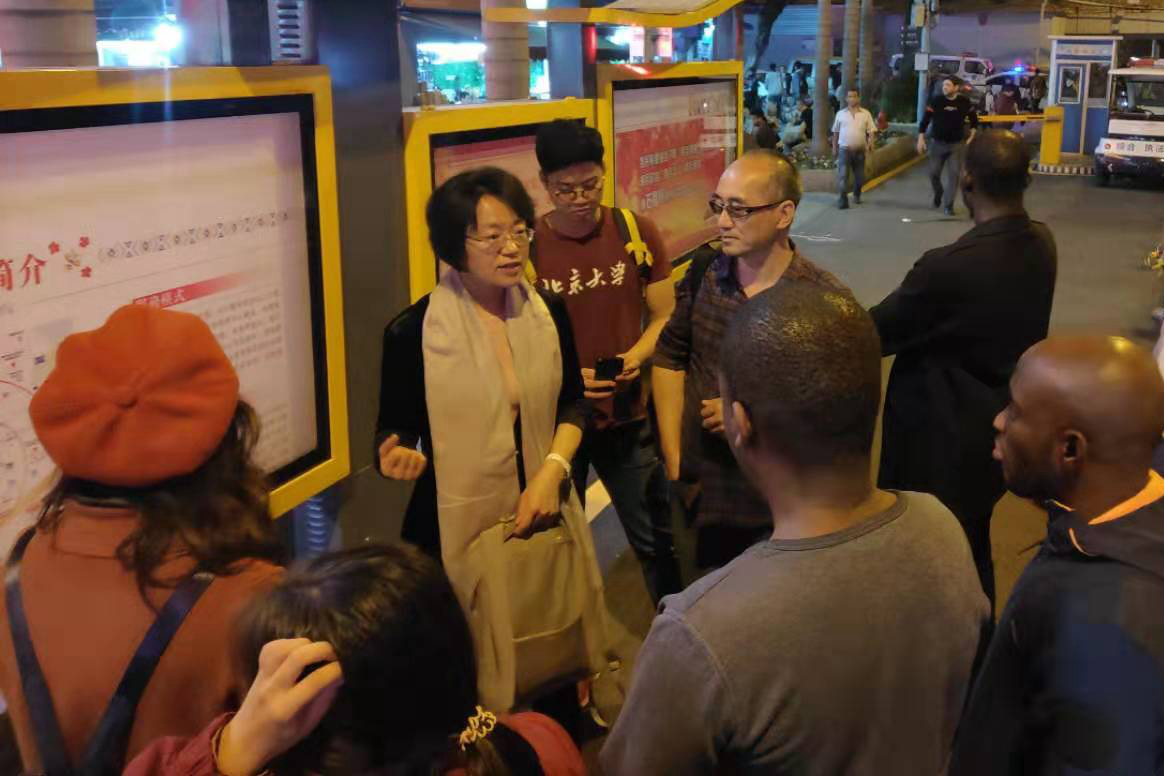
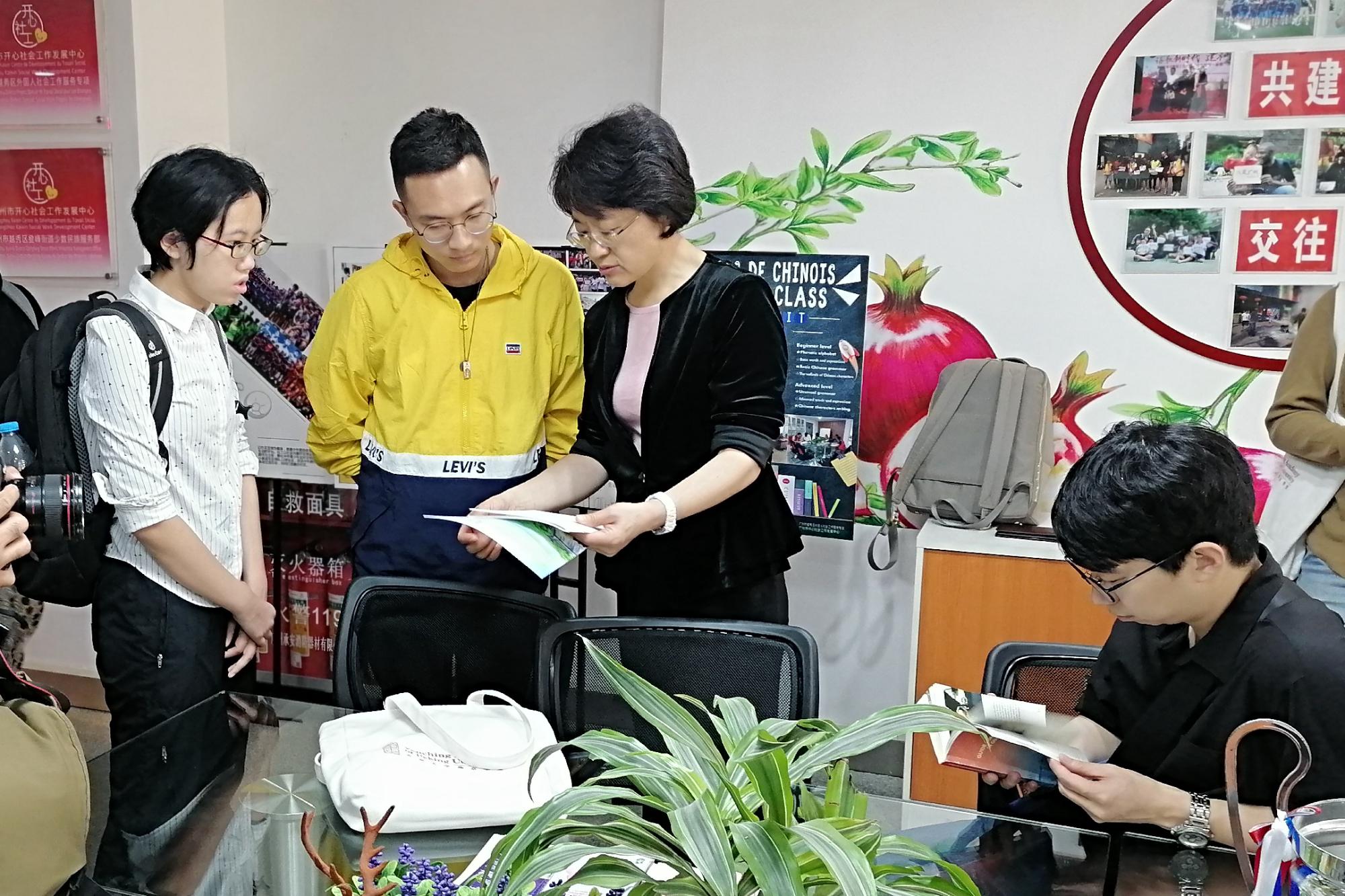
Overall, African migrants in Guangzhou have played a crucial role in promoting trade and driving the economy in both China and their home country. While issues related to the south-south migration dynamic may still exist, this migration trend creates rich research ground to increase our understanding of the movement of goods and people of the “low-end globalization” as well as what government policies could better facilitate this phenomenon.
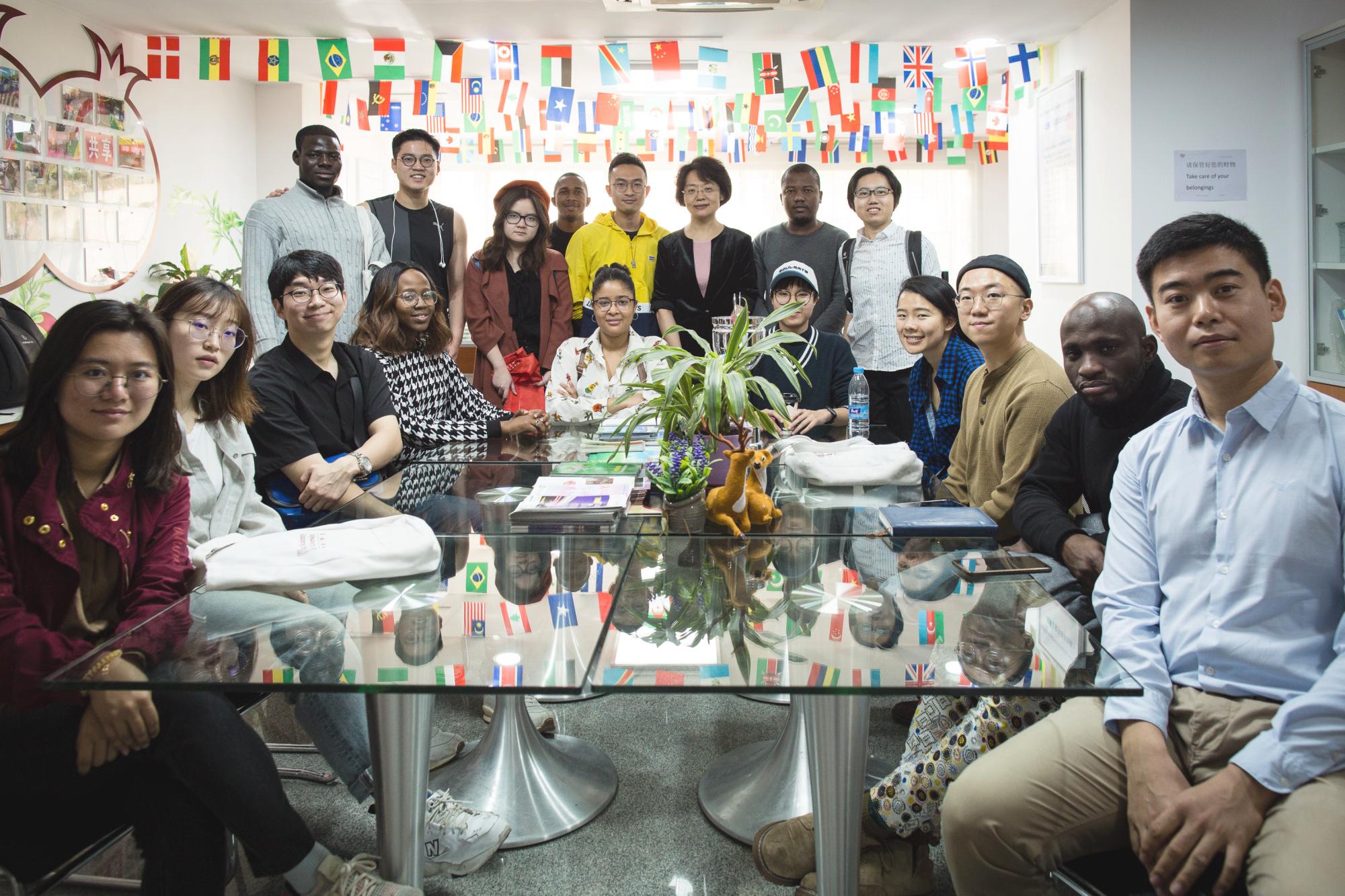
written by Gary Xie
photos by Li Dong, Donglona Adawa Thomas